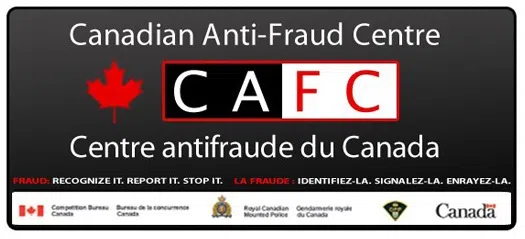The OPP has issued a warning about a rising scam in which fraudsters pose as bank investigators, local law enforcement, or representatives of online merchants to deceive victims into transferring funds. These criminals claim to be investigating alleged compromises to the victim’s bank accounts and convince them to send money as part of the “investigation.”
Victims are often instructed to make Interac e-transfers to their own cellphone numbers. The fraudsters then guide them through the process of adding themselves as a payee, increasing their transfer limits, and providing specific details needed to complete the transaction. Once the transfer is made, the fraudsters request a “code,” which is actually the final portion of the Interac e-transfer link. With this information, they can divert the funds into their own accounts.
To make the scam appear legitimate, the fraudsters may provide personal information about the victim, such as their name, date of birth, and debit card number. They may also use call-spoofing technology to display the phone numbers of financial institutions or provide fake callback numbers to further deceive victims.
According to the Canadian Anti-Fraud Centre (CAFC), bank investigator frauds resulted in $10.2 million in reported losses across Canada in 2023, with Ontario victims alone losing more than $5.4 million. However, it is estimated that only a small percentage of victims report these crimes.
The OPP advises the public that financial institutions will never ask you to transfer funds to an external account. If you receive a suspicious call, it is recommended to hang up and contact your bank using the number on the back of your card, preferably from a different phone or after waiting 10 minutes before redialing. Be aware that fraudsters can spoof legitimate phone numbers, and never give remote access to your computer or smartphone.
If you or someone you know has been targeted by this scam, it is important to report it to your local police and the CAFC at 1-888-495-8501 or online through the Fraud Reporting System (FRS), even if no financial loss has occurred.
(Written by: Emma Butler)
